Student-built hydrogen Le Mans style prototype beats gasoline-powered cars in Supercar Challenge race
Green Car Congress
AUGUST 30, 2019
The “Forze VIII”, a hydrogen fuel cell Le-Mans-style prototype, became the first hydrogen-electric vehicle to beat gasoline-powered cars in an official race. In a field of 43 gasoline-powered race cars, the hydrogen race car started the last race of the weekend from the fourth position. —Zhi Wei Cai, Team Manager.



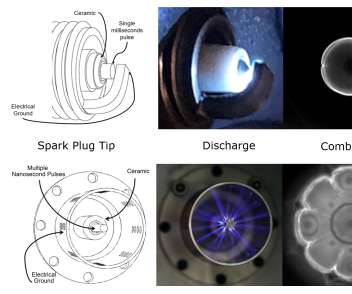




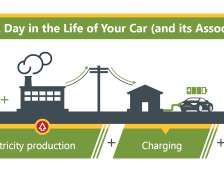




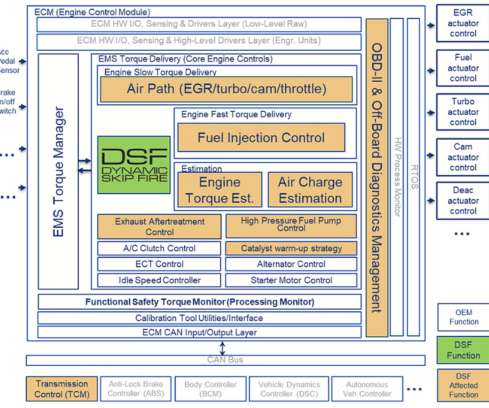
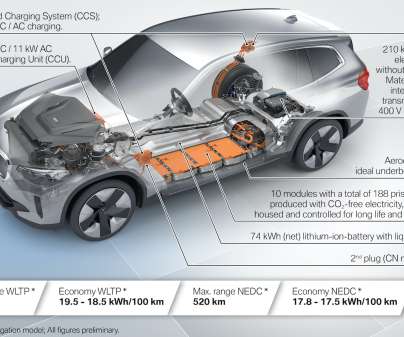
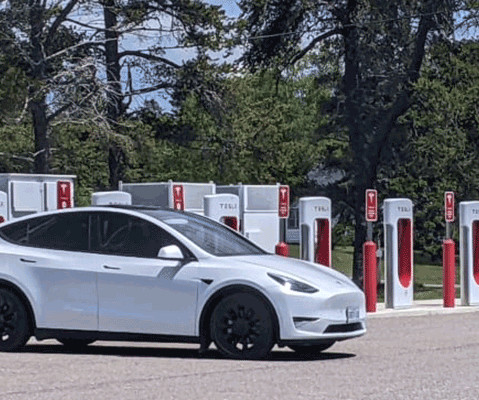
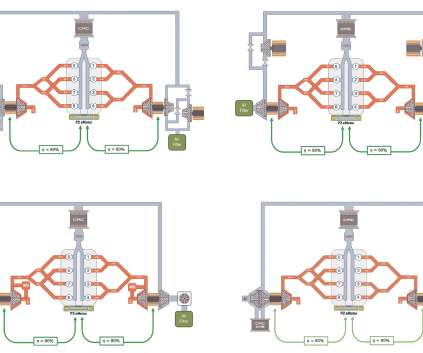
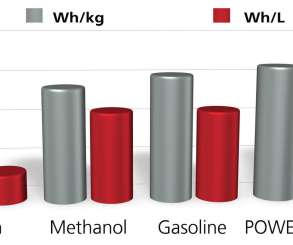





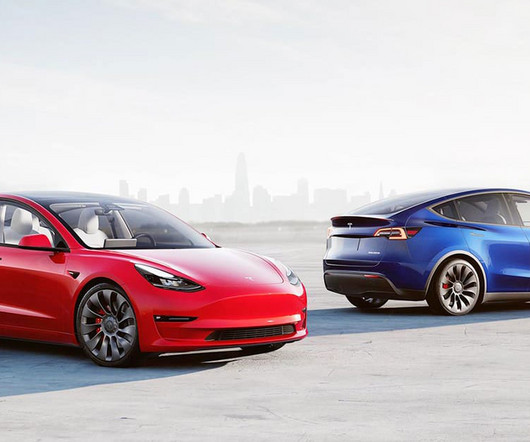




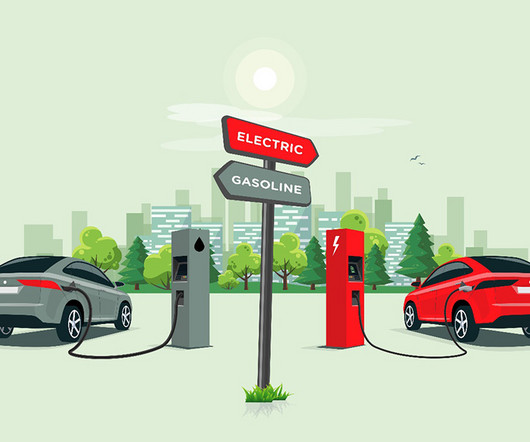
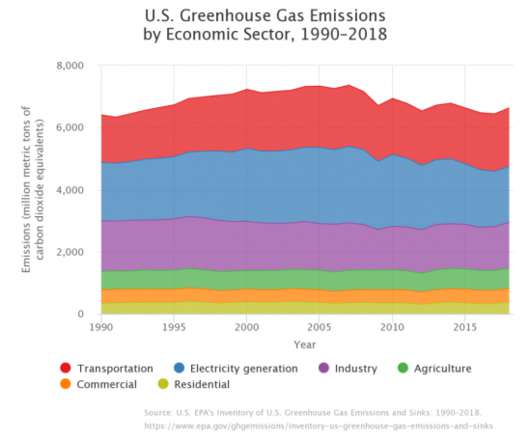











Let's personalize your content